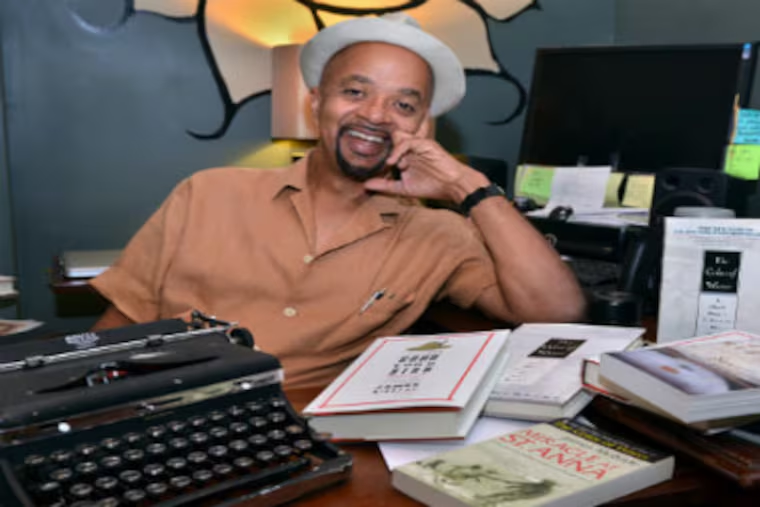Ethan Hawke to adapt Lambertville author James McBride’s historical novel for Showtime
The Color of Water author says that this is the perfect time to adapt his historical novel.

Lambertville-based author James McBride’s historical novel Good Lord Bird is coming to the small screen via Showtime, which has signed actor Ethan Hawke and director Anthony Hemingway to an upcoming limited eight-part series based on the book.
Released in 2013, the novel deals with 19th-century abolitionist John Brown and his 1859 raid on Harpers Ferry, which historians view as an instigating event for the Civil War, though it failed to begin the slave revolt that Brown had hoped. McBride’s book follows former slave Onion, who joins Brown’s group during Bleeding Kansas, a set of violent, pre-Civil War battles fought over the legality of slavery in the burgeoning state. McBride won a 2013 National Book Award for the novel. McBride’s most famous work, his memoir The Color of Water, has sold over 1.5 million copies.
Now, in the television version of the book, Hawke will star as Brown, as well as executive produce the series. Hemingway, known for his Emmy and Golden Globe-winning work on The People v. O.J. Simpson: American Crime Story, meanwhile, will direct.
“This is just the right time for Good Lord Bird,” McBride said of the series via a release. “I wrote it to show we Americans are Family — dysfunctional, screwy, funny, even dangerous to one another at times, but still family nonetheless.”
In addition to being an award-winning author, McBride is also a self-described “choir dad,” as he told the Inquirer in 2017. That year, his son, Nash, was featured in a Philadelphia Boys Choir and Chorale performance at the Kimmel Center that included a section focused on McBride’s book, The Underground Railroad Records, which examines Philadelphia’s role in the Underground Railroad.
“Whatever sickness slavery was,” McBride told the Inquirer, “it made slaves of us all, not just a few. By ridding ourselves of it, we all became free.”